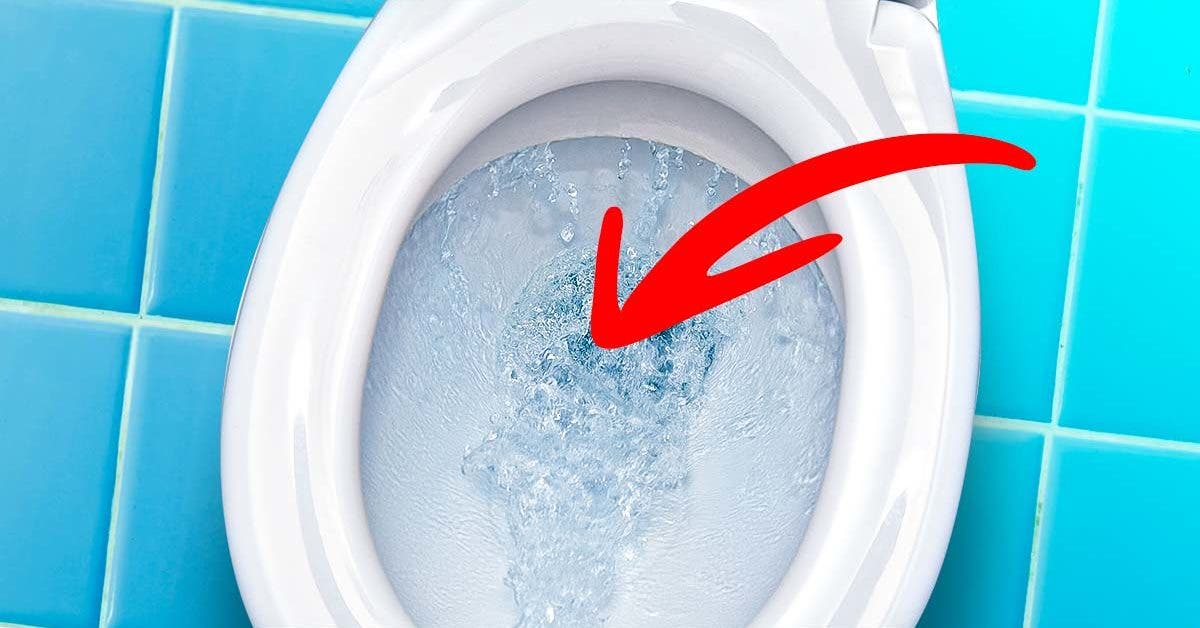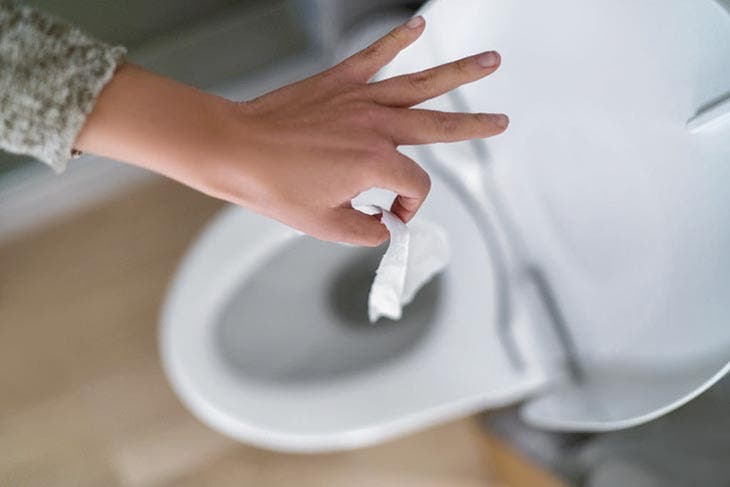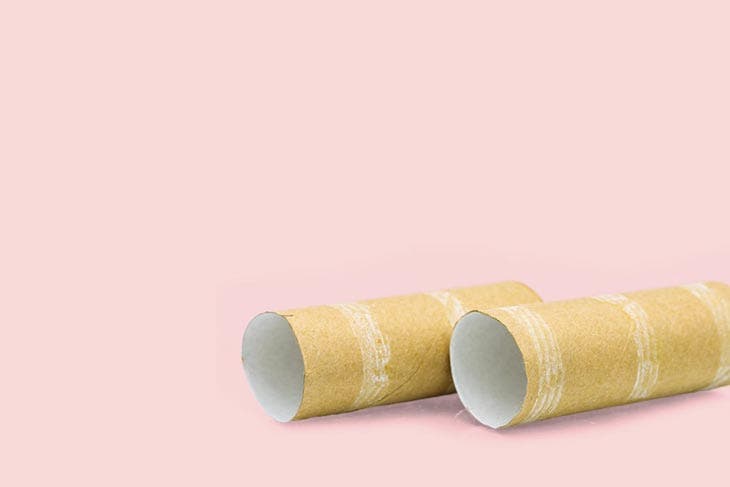
Many users use the toilet as a garbage can that will destroy all their bulky waste. By simply flushing the toilet, they think they can eliminate them forever. However, this gesture, although it may seem trivial to them, can have serious ecological and economic consequences. Discover one of the objects that absolutely must not be flushed down the toilet.
Summary
For many people, the toilet is a solution to get rid of all the little unnecessary or worn things in the bathroom. However, this practice should be banned, because it can lead to serious consequences that you will discover in the following lines.
What is this object that you absolutely must not throw in the toilet?
Many objects are collected daily by wastewater treatment services. Among this waste, there is one product in particular which, by its size and appearance, does not seem to pose any risk.
Wipes in the toilet

Wipes flushed down the toilet – Source: spm
Wipes are part of the waste that often ends up in sewerage networks. Whether they are disinfectants or for babies, these pieces of biodegradable fabric degrade after three months, long enough to see major damage. As indicated by the Environment and Energy Management Agency ADEME , the wipes that are thrown into the bowl toilets mix with other viscous materials and block the filtering mechanisms of treatment plants. In addition, being full of chemical compounds like cellulose, viscose and polyester, they can form very resistant plugs that are difficult to release. The only good way to dispose of them is to put them in a bin intended for landfill or incineration since they cannot be recycled.
Other waste that should not be flushed down the toilet bowl
Like wipes, other products you use in your bathroom can also clog toilet drains and have negative consequences for the environment. Very often, they clog the pipes and cause significant environmental damage and are dangerous for marine animals. Here are a few.
Sanitary pads and tampons in the toilets
The menstrual cycle is often accompanied by the use of sanitary napkins and tampons. These cotton fiber products can in fact clog pipes and clog sewage pumps. In addition, they release toxic substances for the environment such as pesticides, dioxins and phthalates. Moreover, it will take 500 years for them to completely disintegrate in nature.
Toilet paper rolls in the toilet

Toilet paper rolls – Source: spm
Although most are biodegradable, toilet paper rolls are also among the items not to be flushed down the toilet bowl. Although these products disintegrate quickly, they do not completely disappear. Often they end up in treatment plants and cause deposits. Rather than throwing them in the toilet, place the cardboard rolls in the trash, more precisely in the yellow bin intended for recycling.
Condoms and contact lenses in the toilet
Both condoms and contact lenses are made of plastic materials such as latex. These products are often found in sewage sludge. Not being biodegradable, they can easily clog pipes, not to mention the danger they represent for animals who may ingest them. Not being recyclable, throw them instead in the household waste bins.
Cat litter in the toilet

Cat litter – Source: spm
If you're in the habit of throwing kitty litter down the toilet bowl, change your habits. Indeed, flushing only once will never be enough to completely evacuate a litter. Composed of an absorbent element, the litter can swell easily in water and cause blockages in your pipes and major overflows. For sanitary reasons, it should be put in a dedicated bag before throwing it in the non-recyclable household waste bin.
You now know the main objects that should never be thrown in the toilet. It is therefore recommended to follow the sorting advice and to use suitable bins to limit the damage and minimize the environmental risks.
Comments
Post a Comment